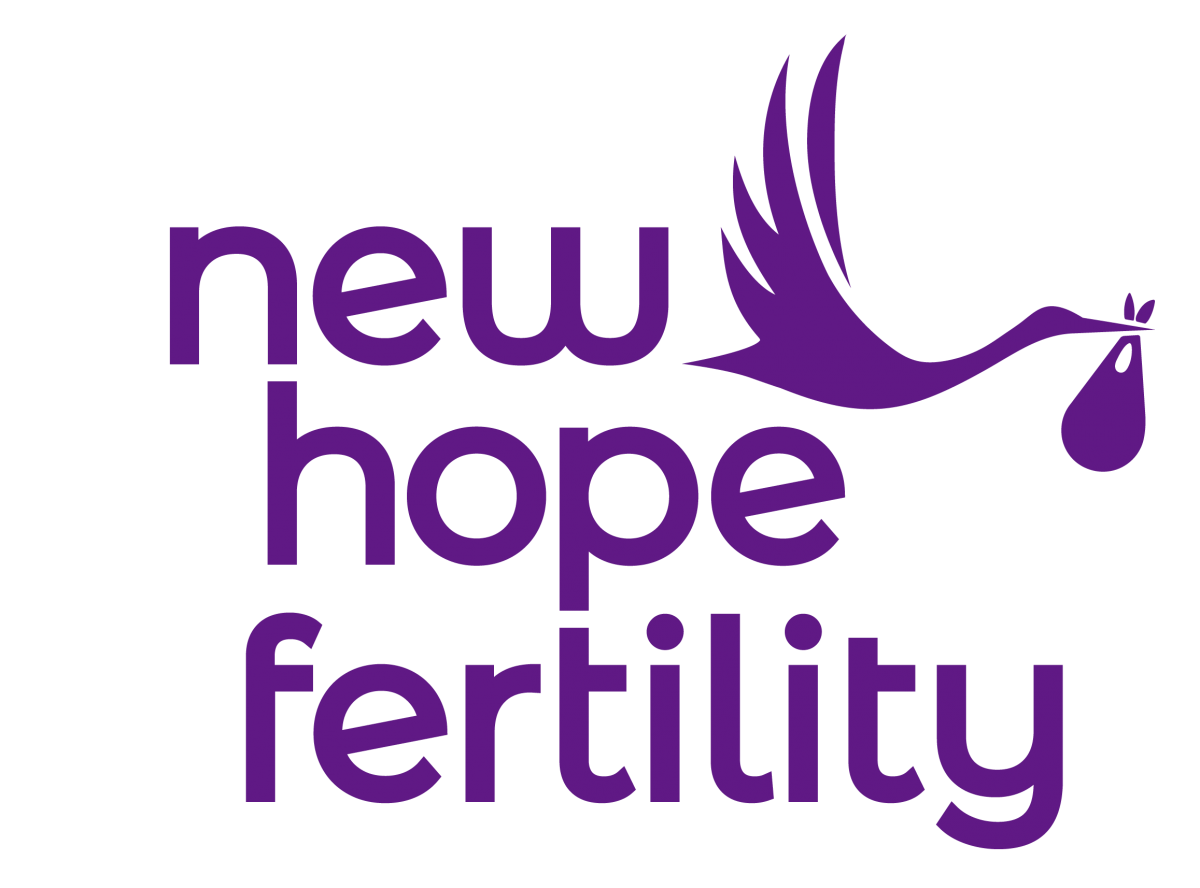There are a lot of acronyms when it comes to genetic testing, here’s a quick guide before we get into it! The main two that are important are:
PGT-A: Preimplantation Genetic Testing for Aneuploidy
PGT-M: Preimplantation Genetic Testing for Monogenic Diseases
If you’re considering having a baby, you may be wondering about the difference between PGT-A and PGT-M. What are they? What’s the difference? Which one is right for you?
Why do we genetically test embryos?
Genetic testing is often used to screen embryos for genetic conditions or abnormalities. A small number of cells from an embryo will be taken and sent off to a genetics lab where they’ll get tested, and usually, only the genetically healthy ones make their way home with you! This can be particularly helpful to those with high-risk pregnancies and those that have frequent miscarriages.
What is PGT-A?
PGT-A is performed by taking a biopsy of the embryo on day five or six. It is then analyzed in a lab to look for chromosomal abnormalities.
Genetic Screening offers a way to increase the chances of pregnancy in an IVF cycle and promotes lower miscarriage rates for older women. This type of testing is especially useful for women suffering from low eggs due to aging or other factors such as polycystic ovary syndrome (PCOS). PGT-A specifically, checks for a normal number of chromosomes within the embryo. As a woman ages, it’s more common to see genetically abnormal embryos.
What is PGT-M?
PGT-M, or preimplantation genetic diagnosis, is a type of prenatal testing used in IVF cycles. It can be used to test for specific genetic disorders in embryos. This type of testing is often used when there is a family history of a particular type of disorder.
The use of PGT-M has become more widespread in the past decade because of the development of new technologies, including next-generation sequencing (NGS), that allow for the detection of a wider range of genetic abnormalities. Examples include:
- Acute Myeloid Leukemia
- Brachydactyly – Hypertension Syndrome
- Breast and Ovarian Cancer, Hereditary (HBOC)
- Deafness, Autosomal Recessive
- Epileptic Encephalopathy, Early Infantile
- Immunodeficiency
- Mitochondrial Complex 1 Deficiency
- Mitochondrial Depletion Syndrome
PGT-M tests usually are able to test for over 400 different chromosomal conditions.
Which type of genetic testing should I choose?
The people who are good candidates for PGT-A are individuals who are at an increased risk for miscarriage or abnormal embryos. Most people elect to start with PGT-A and add PGT-M as an additional service.
People who are good candidates for PGT-M are those who are at risk of passing on a specific genetic disorder to their children. Ultimately it will be up to your physician and which type of genetic testing, if any, they recommend to you based on your medical history and past cycle results!
Why New Hope?
New Hope Fertility Center is home to world-renowned fertility specialists. We custom design fertility treatments for the individual to increase the chances of a successful pregnancy. Our specialists believe in putting the patient first and being with them through every step of the fertility journey. Our team is well versed in helping women of all ages reach their fertility goals and we are passionate about educating, and supporting our patients throughout their journey. If you want compassionate fertility care, New Hope is the right place for you. Call us at (347) 970-8479 or schedule your initial consultation today!

